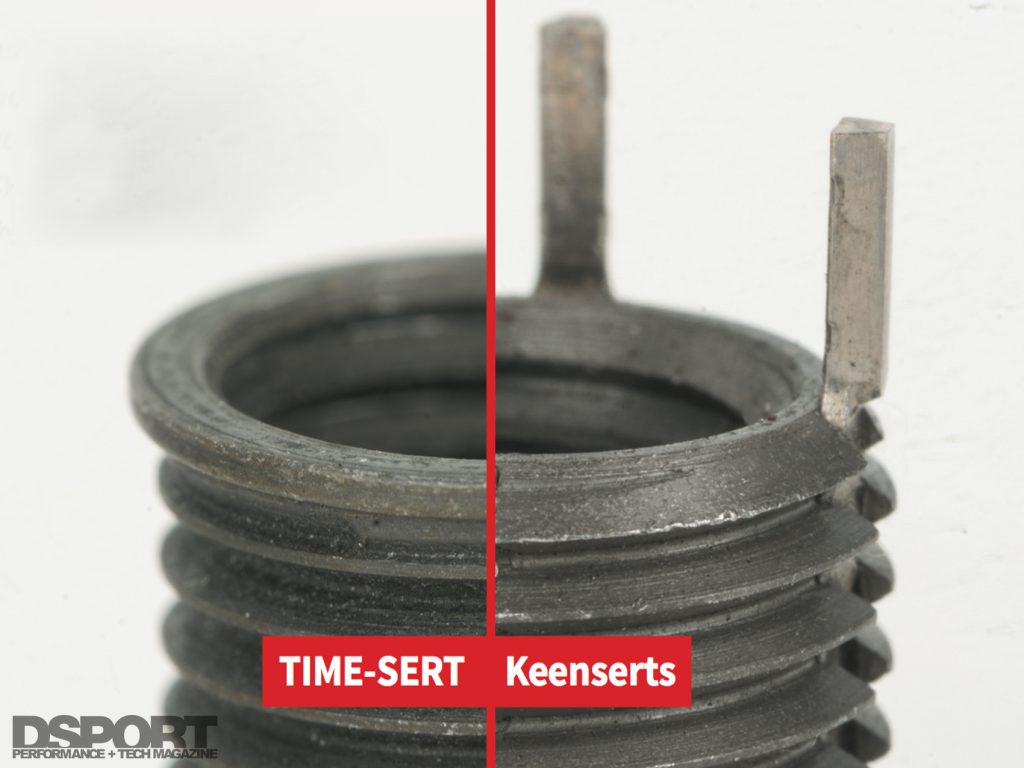
- Timers.timer vs threading.timer vs filewatcher how to#
- Timers.timer vs threading.timer vs filewatcher portable#
- Timers.timer vs threading.timer vs filewatcher software#
- Timers.timer vs threading.timer vs filewatcher code#
Timers.timer vs threading.timer vs filewatcher portable#
Public method Supported by the XNA Framework Supported by Portable Class Library Change(TimeSpan, TimeSpan) Changes the start time and the interval between method invocations for a timer, using TimeSpan values to measure time intervals. Public method Supported by the XNA Framework Change(Int64, Int64) Changes the start time and the interval between method invocations for a timer, using 64-bit signed integers to measure time intervals. Public method Supported by the XNA Framework Supported by Portable Class Library Change(Int32, Int32) Changes the start time and the interval between method invocations for a timer, using 32-bit signed integers to measure time intervals. Public method Supported by the XNA Framework Timer(TimerCallback, Object, UInt32, UInt32) Initializes a new instance of the Timer class, using 32-bit unsigned integers to measure time intervals. Public method Supported by the XNA Framework Supported by Portable Class Library Timer(TimerCallback, Object, TimeSpan, TimeSpan) Initializes a new instance of the Timer class, using TimeSpan values to measure time intervals. Public method Supported by the XNA Framework Timer(TimerCallback, Object, Int64, Int64) Initializes a new instance of the Timer class, using 64-bit signed integers to measure time intervals. Public method Supported by the XNA Framework Supported by Portable Class Library Timer(TimerCallback, Object, Int32, Int32) Initializes a new instance of the Timer class, using a 32-bit signed integer to specify the time interval. Public method Timer(TimerCallback) Initializes a new instance of the Timer class with an infinite period and an infinite due time, using the newly created Timer object as the state object. The Timer type exposes the following members. Public sealed class Timer : MarshalByRefObject, [HostProtectionAttribute(SecurityAction.LinkDemand, Synchronization = true,

Provides a mechanism for executing a method at specified intervals.
Timers.timer vs threading.timer vs filewatcher how to#
How to get a keydown event to operate on a different thread in vb.net,Ĭontrol events not firing after enable disable + multithreading.

With threads, there are no such problems.
Timers.timer vs threading.timer vs filewatcher software#
Did you even tried to design software taking in consideration the following possibility: what to do if next timer event if fired when the processing in the handler triggered by a previous event is not yet finished? This is just the hint. With timers, you will get much more troubles. That comes to the final idea: don't use any timers at all if you can use threads instead. That said, with these two timers it does not matter in what thread they are used.
Timers.timer vs threading.timer vs filewatcher code#
You will need to use method Invoke or BeginInvoke of the class (WPF or Forms) or (naturally, for Forms only you can use any instance of control participating in currently running Application).įor detailed explanation of the invocation mechanism and code samples, see my past answers:Ĭontrol.Invoke() vs. You can call them indirectly from UI thread using UI thread invocation mechanism. In the callback or event handler, however, you cannot call any methods and properties. If you need some quality, use any of the other timers. You should operate this timer in UI thread, but in the handler of its Tick method you can also use it in assumption that this is the same UI thread, so you can call UI methods and properties. So, if you poorly understand thread, invocation mechanism (see below) and don't care about accuracy (really don't care, because what you get can be remarkably bad), you can use it. Use it, but only on UI thread (you can do it on non-UI thread with some precautions (see below), but in this case you loose its only benefit - fool-proof simplicity). Short answer is: don't use it, even "from" the UI thread. How to use it in a "separate" thread? As this timer "belongs" to Forms UI, the "separate" should probably mean "from the thread other then UI thread". The second timer has events Disposed and Elapsed, and the third timer has to event Tick. Fist timer does not have events, only a callback, which is a delegate. There are at least three different timers:, and, I listed them in the order, roughly speaking, from low-lever to high-level. This is just a method name, it can be anything. There can be another reason: there is no such event "timer1_Tick". And what is "separate"? Separate from what?
How do you think, if you asked "how to find a sub-string on a separate thread" or "how to write a file in a separate thread", would you find a definitive answer? No. You did not find anything simply because there is nothing special about a timer and a thread.


 0 kommentar(er)
0 kommentar(er)
